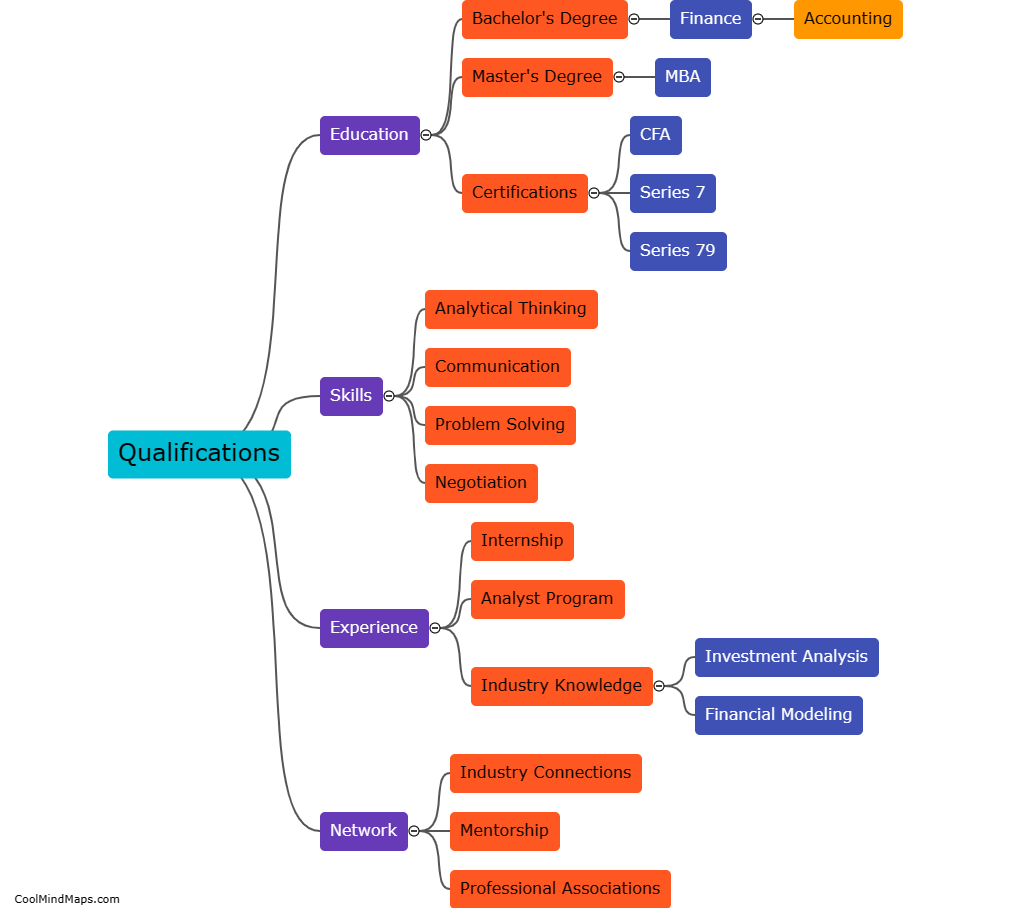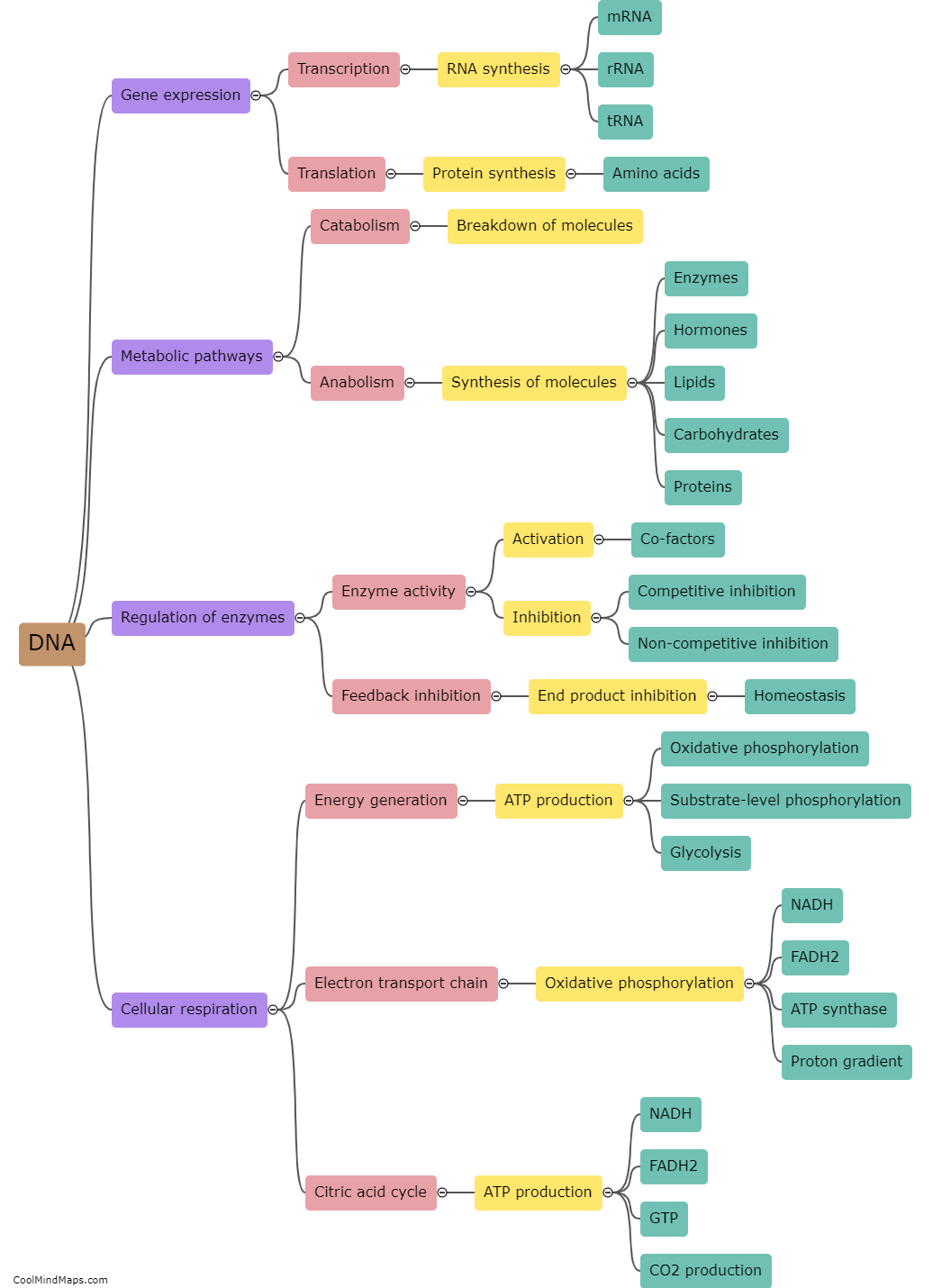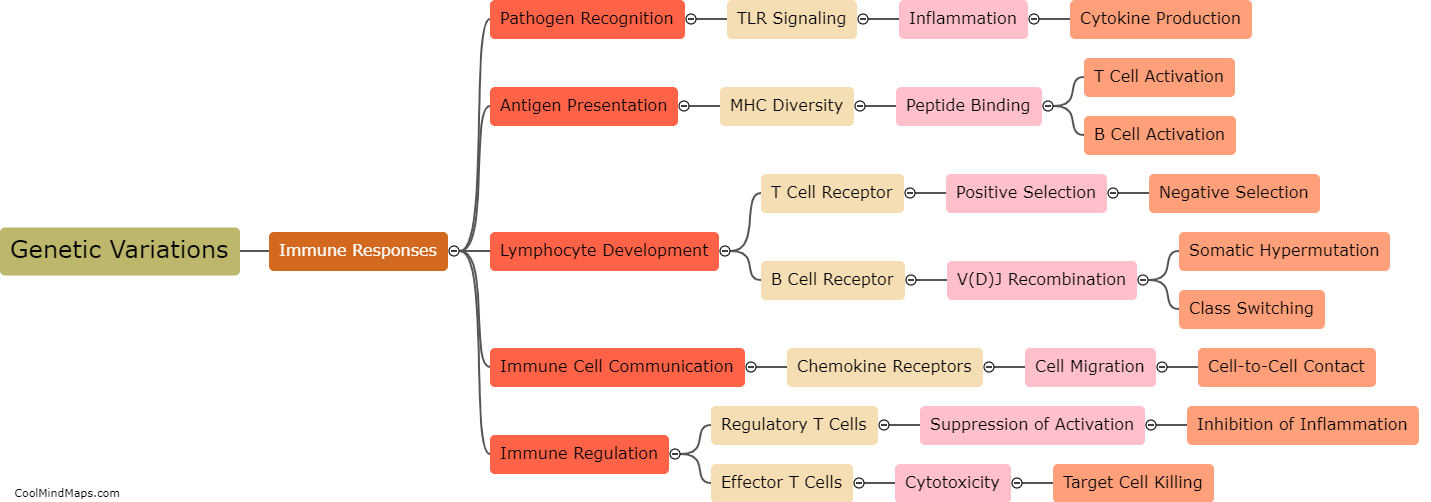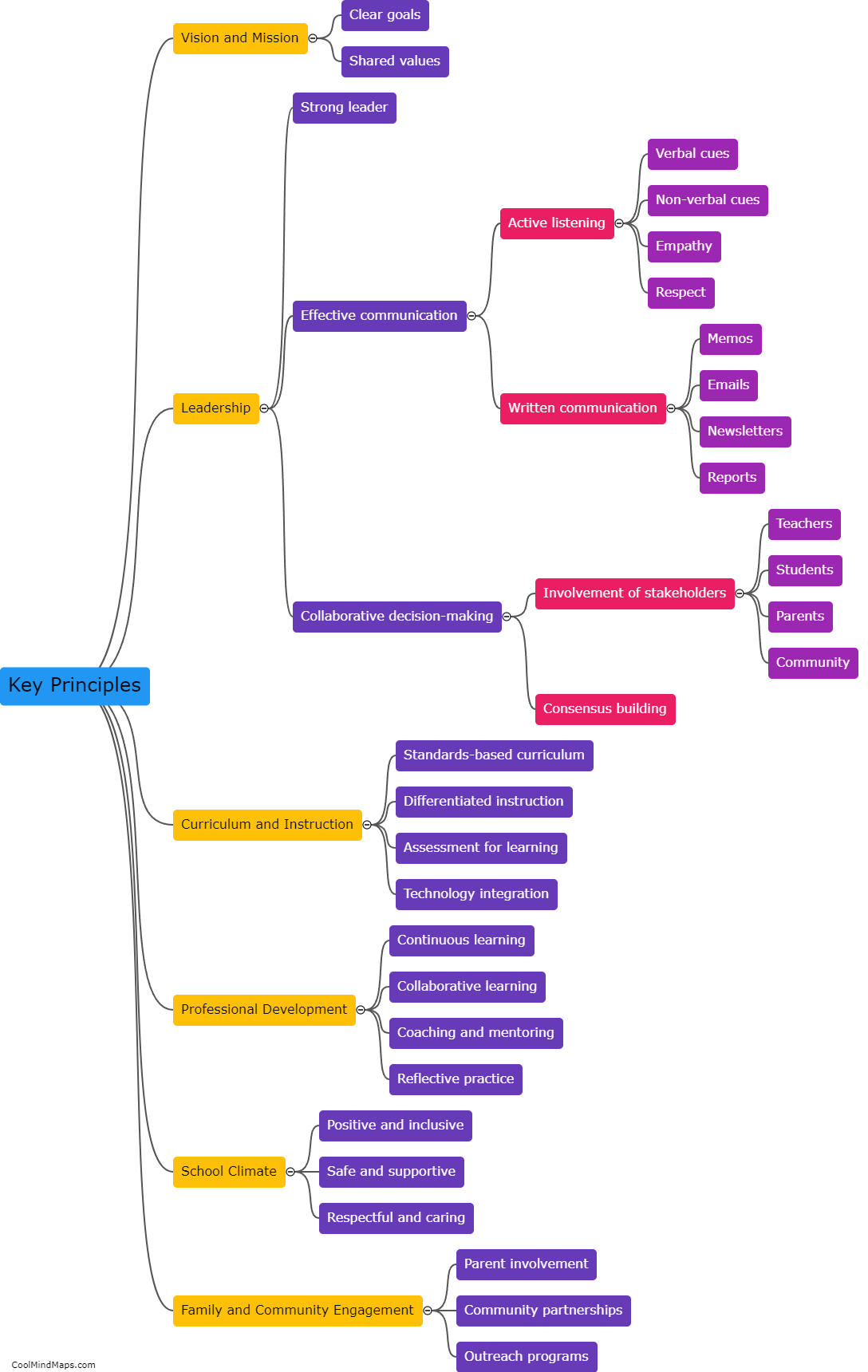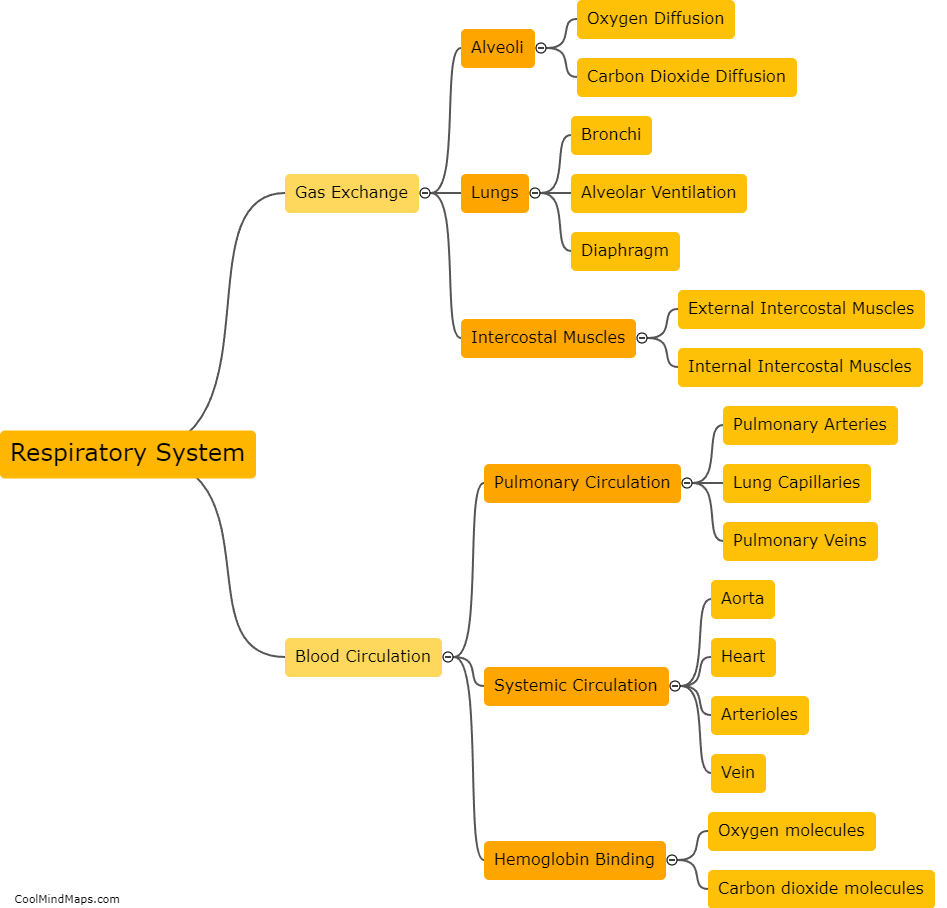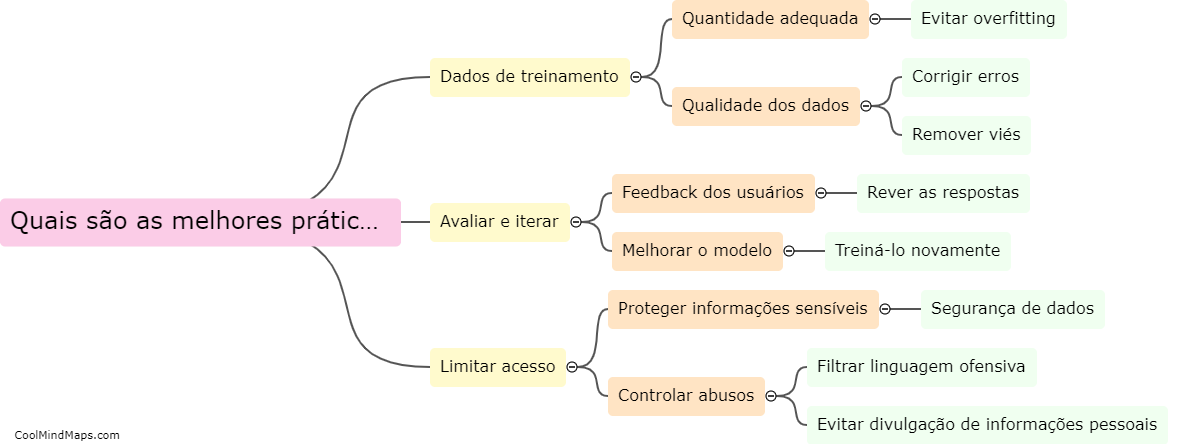What are the common respiratory disorders in humans?
Common respiratory disorders in humans include asthma, chronic obstructive pulmonary disease (COPD), pneumonia, bronchitis, and lung cancer. Asthma is a chronic condition characterized by inflammation and narrowing of the airways, leading to difficulty in breathing. COPD is a progressive lung disease primarily caused by smoking and consists of chronic bronchitis and emphysema. Pneumonia is an infection that can affect one or both lungs, causing inflammation and fluid build-up. Bronchitis is the inflammation of the bronchial tubes, leading to coughing, difficulty breathing, and excess mucus production. Lung cancer refers to the uncontrolled growth of abnormal cells in the lungs, often caused by smoking or exposure to harmful substances. These respiratory disorders significantly impact the quality of life and require proper diagnosis, treatment, and management.
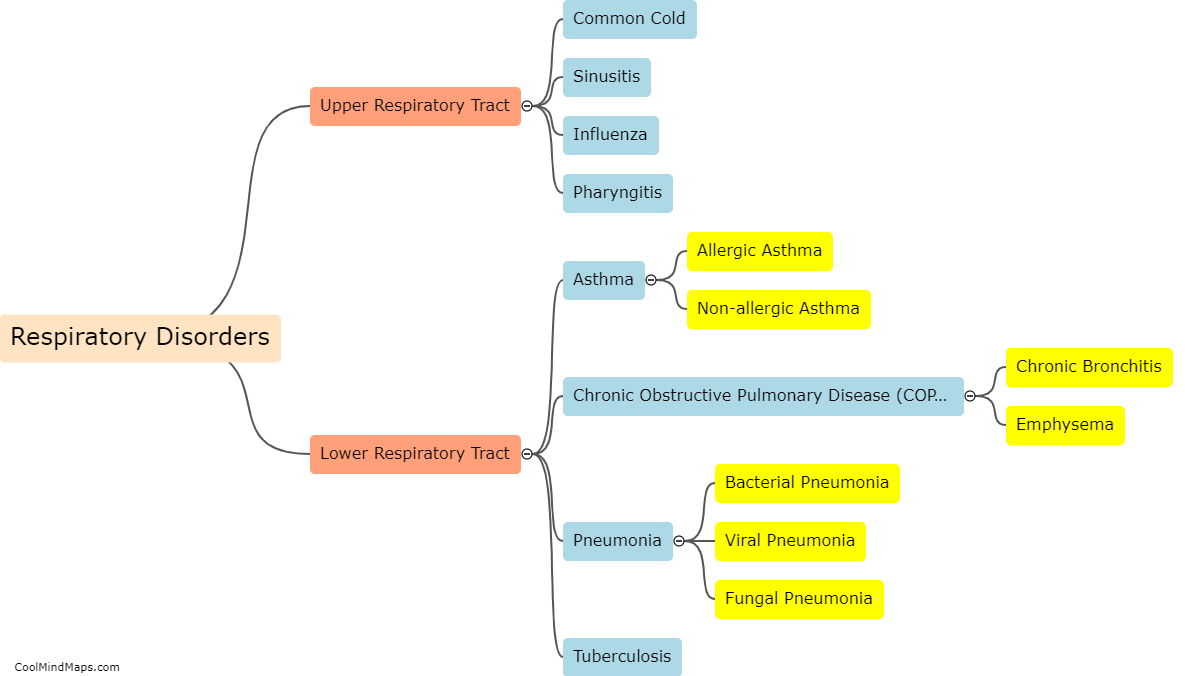
This mind map was published on 22 November 2023 and has been viewed 85 times.


